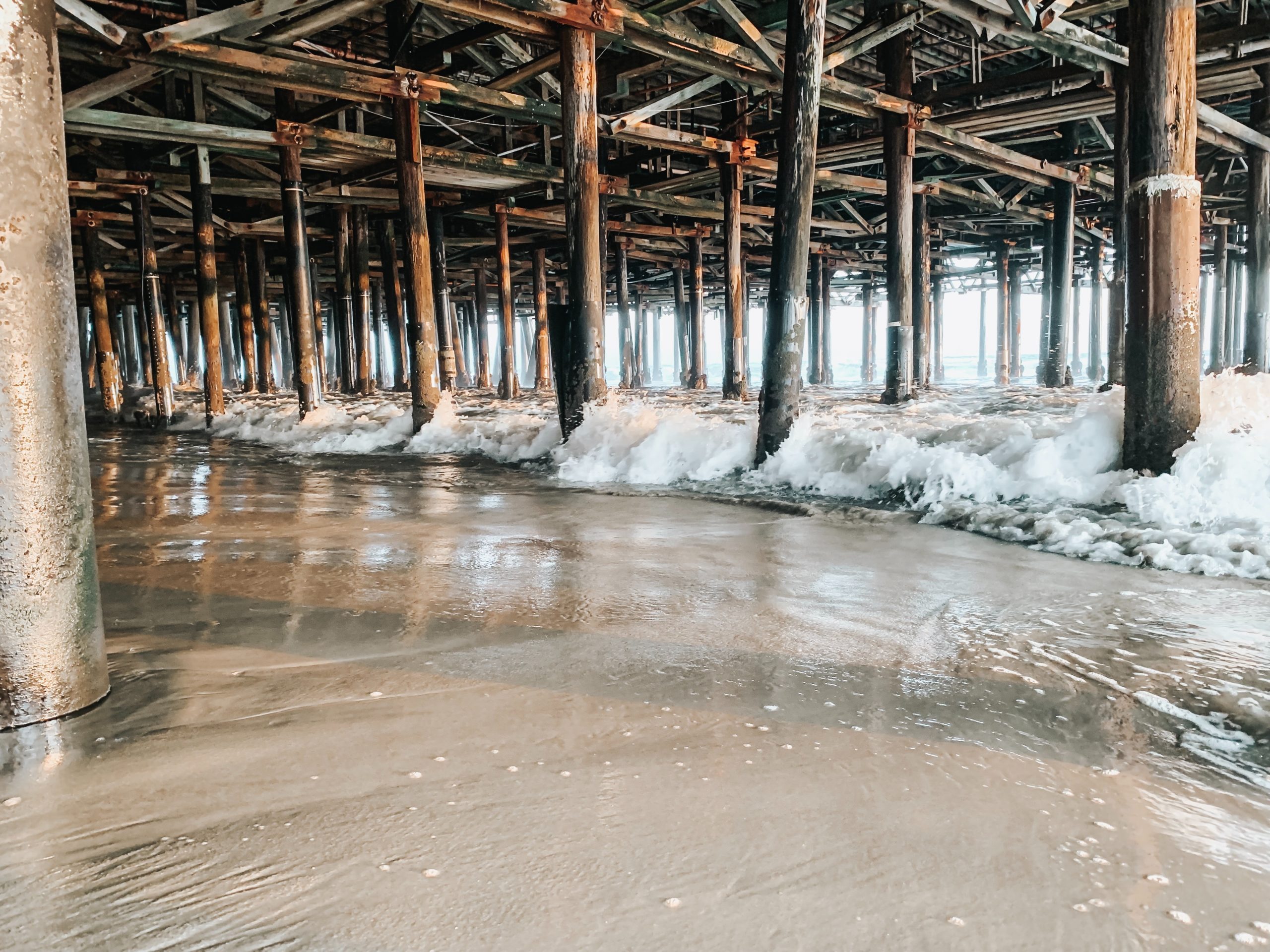Name of the project : Resilience analysis of a coastal city: the failure of dikes and flooding of the urban area by cascade effect
Type of project : Internships
Summary:
This work attempts to assess the impact that climate change could have on future hydrodynamic conditions in coastal areas and in particular on coastal and port maritime structures. For this it seems necessary to know the characteristics of protective structures and how their behavior evolves over time as well as the failure modes of a structure that most affect its features before, during or after an intense or extreme event.
The failure mechanisms that will be studied during this internship are:
- Mechanical failure, which can be defined as the loss of a system’s functional ability (port complex) or its components (dikes for example);
- External erosion, which includes all of the mechanisms that cause material breakdown under the effect of stress applied to the outer surface of the dike.
In order to assess this resilience, two scenarios were calibrated: one without a breach and one with a breach. A number of conclusions and perspectives were drawn based on these two simulations:
- In the case of a simplified model, the trainee was able to determine the impact of a dam breach on a flood scenario in the most extreme case (breach appeared instantly);
- The use of an in-situ sensor makes it possible to quantify the risk for the dam failure mode studied;
- The simulation must be optimized by estimating the time of formation of the breach (strong dependence of the material);
- Use on a real site (a sea wall in the Camargue, etc.) by reproducing past storms or storms based on a statistical study (theory of couples, etc.).
Name of supervisor(s) : Adrien Poupardin (Laboratoire d’Hydraulique/ESTP), Ahmed Mebarki (MSME/UGE-UPEM)
Name of student(s): Tran Quang Vu

